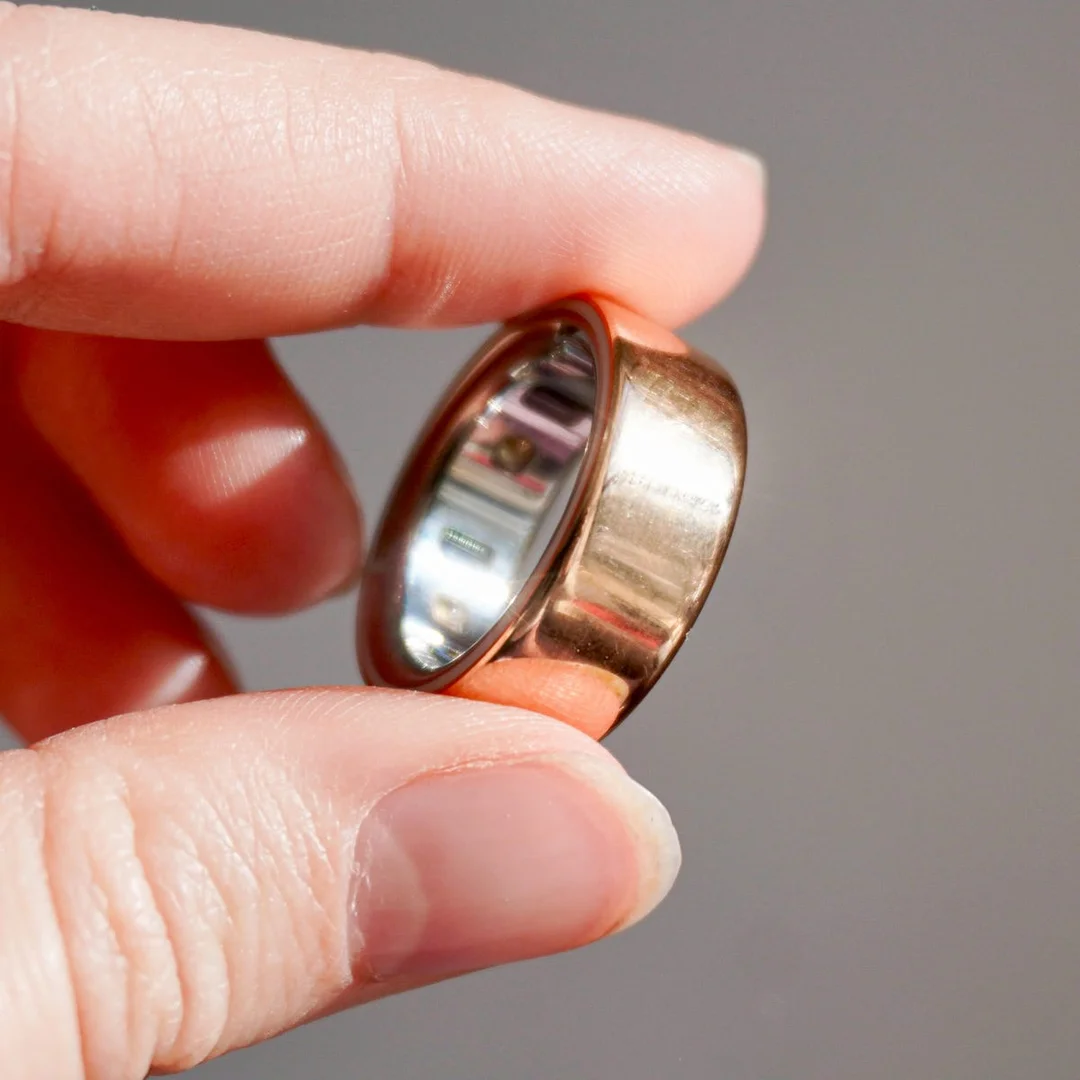
Oura Ring Steps Up Fitness Game: Can It Challenge Apple, Fitbit, and Whoop?
The Oura Ring is aiming to be more than just a sleep tracker with a major software update focused on enhanced activity tracking. Is this enough to truly compete with fitness giants like Apple, Fitbit, and Whoop? The answer seems to be a resounding 'maybe,' as Oura doubles down on accuracy and user feedback.
Oura's recent announcement highlights its commitment to providing users with more reliable fitness data. This move comes after user complaints regarding step-counting inaccuracies, particularly during workouts. One Reddit user even described the previous step tracker as "wildly inaccurate."

According to Oura, the software update includes a revamped, machine-learning-driven step-counting algorithm designed to bring it closer to pedometer-level accuracy. This new algorithm is intended to eliminate false positives, such as steps counted while typing or riding a motorcycle. Jason Russell, VP of Consumer Software Product at Oura stated, "Members kept saying, ‘I don’t trust these numbers.’ This change restores that trust."
Further enhancing its fitness capabilities, Oura now supports heart rate data imports from Apple Health and Google Health Connect. This integration addresses gaps in Readiness and calorie tracking, allowing users to receive more accurate credit for their physical activities.
Key upgrades include:
- Ability to edit or add activities up to seven days prior.
- 24/7 activity tracking.
- New active minutes trend view with adjustable heart rate zones.
- Partner integrations with CorePower Yoga, The Sculpt Society, Technogym, and Open.
One of Oura's key strengths lies in its unwavering focus on data accuracy. Emphasizing their commitment, Russell noted, "We actually don’t compare ourselves to competitors when it comes to accuracy. Instead, we measure ourselves against the medical gold standard." Oura claims that its sleep tracking achieves an accuracy of 80% when compared to polysomnography, the clinical gold standard.
However, Oura isn't aiming to replace dedicated sports watches. Instead, it's taking steps towards offering a significantly improved experience. For example, split times will now be available for runs automatically tracked, a feature that was previously missing.
The new features are currently rolling out to iOS users with Android availability expected soon.
As the wearables market becomes increasingly competitive, Oura's commitment to accuracy, smart integrations, and evolving AI tools could carve out a significant market share from industry giants like Apple, Fitbit, and Whoop. Only time will tell if these changes are substantial enough, but Oura's dedication to user feedback and data integrity is undeniably a step in the right direction.
Will these upgrades be enough to sway users from established brands? Share your thoughts in the comments below!